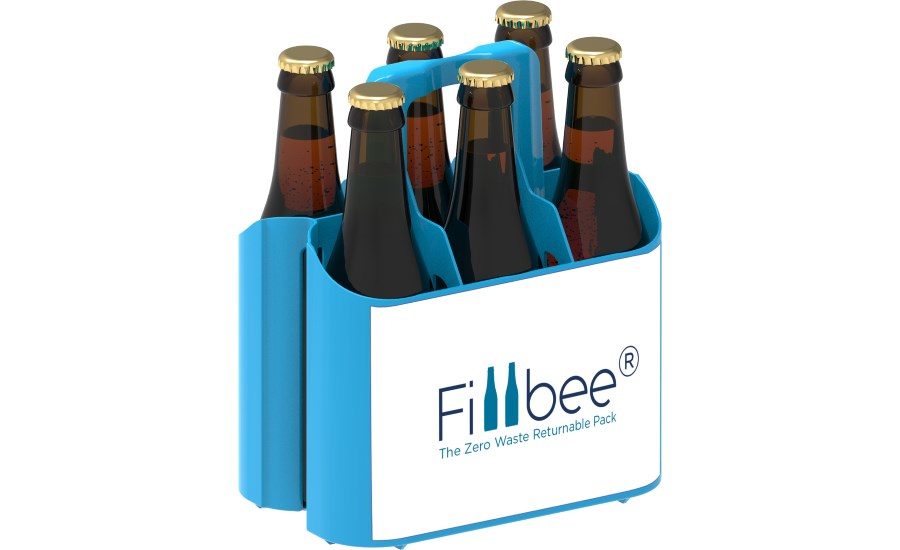
A sustainable development master student at the Copernicus Institute for Sustainable Development at Utrecht University compared for his thesis the primary and secondary packaging: a Fillbee used in combination with reusable glass bottles, aluminum cans wrapped in plastic film and cardboard packs with one-way glass bottles.
The Fillbee with reusable glass bottles generated significantly less CO2 than conventional packaging — 46% less CO2 than aluminum cans with plastic wrap and 64% less CO2 than single-use glass with cardboard, according to the study. The lifecycle assessment also showed it outperformed single-use packaging on sustainability criteria including water use, landfill and energy use.
Results were measured per lifecycle stage (manufacturing, use and disposal stage) per functional unit in accordance with the requirements of ISO 14044. The selected functional unit was carrying, containing and protecting 1.8 L of beverage, while maintaining the quality of the beverage.






